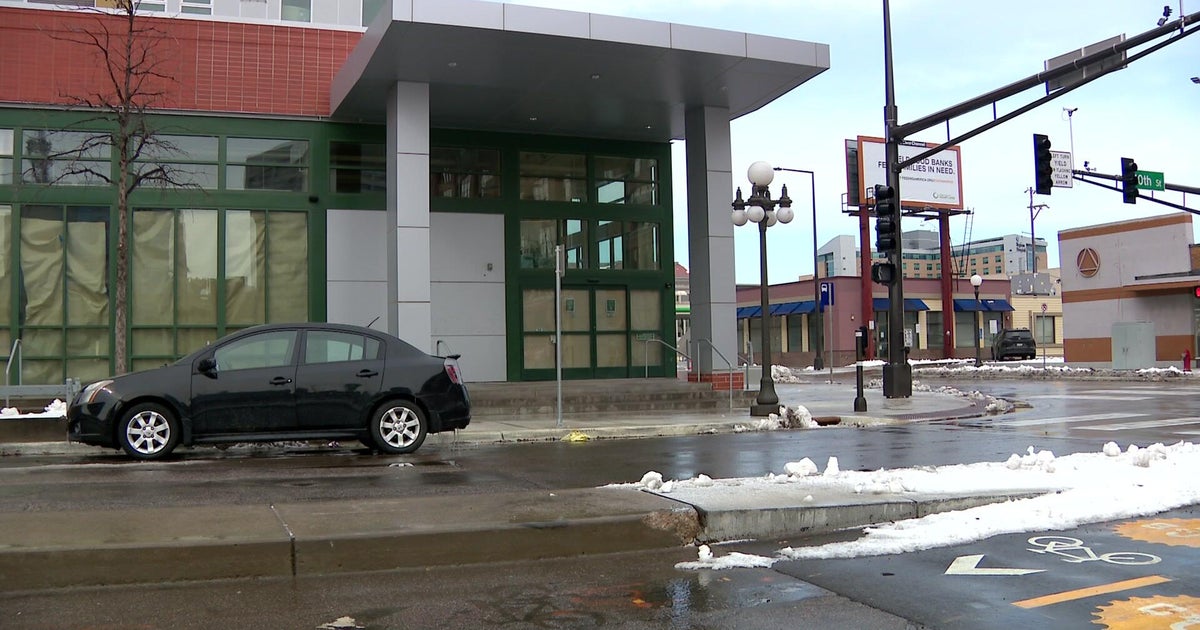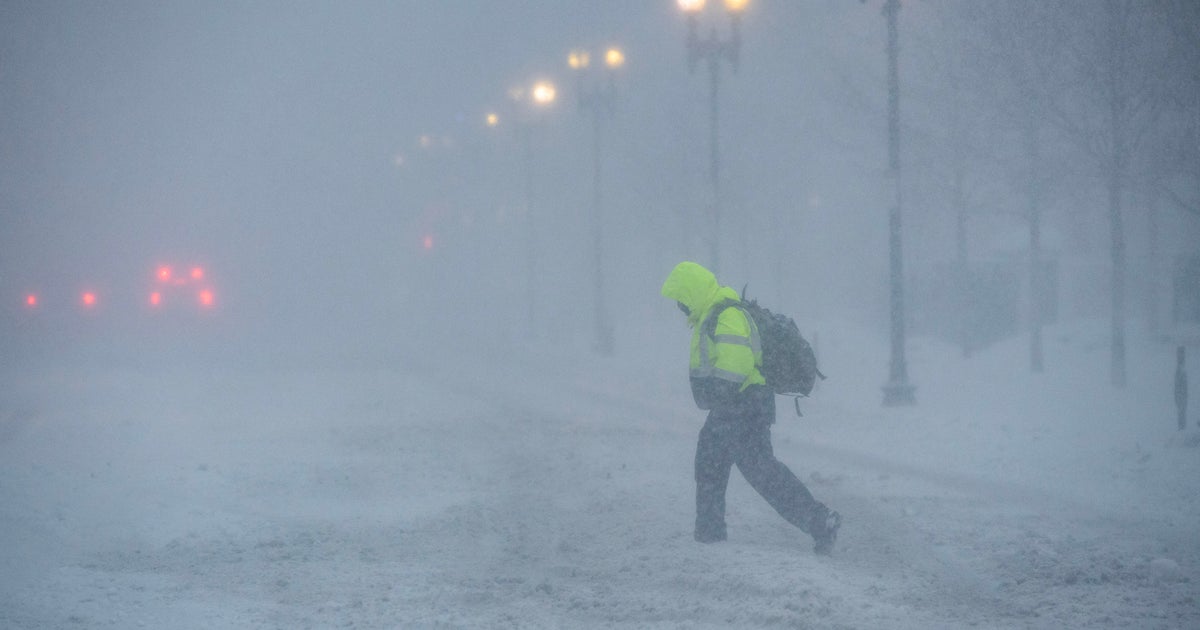U.S. deficit hits $1.7 trillion over last six months
The U.S. deficit over the past six months swelled to $1.7 trillion, according to the latest monthly Treasury report. In March alone, the United States spent nearly $660 billion more than it took in, as the United States continues to provide financial support to American workers and businesses while country digs out of the financial crisis caused by the coronavirus pandemic.
Included in the latest monthly report was part of the latest round of $1,400 stimulus payments. Since the first batch went out in mid-March, the Treasury Department and Internal Revenue Service have delivered more than 156 million payments, totaling approximately $372 billion, which helped contribute to the deficit, with some roughly $335 billion going out in March alone. Another round of $600 checks started going out at the end of last year.
The monthly report shows that the United States has spent more than $3.4 trillion in the first half of the fiscal year since the beginning of October. At the same time, it's only taken in $1.7 trillion. Some of the largest expenditures include more than $1 trillion in income security, $560 billion in Social Security, $385 billion on health, $382 billion on national defense and $345 billion on Medicare.
At the same time, the largest source of revenue was $825 billion from individual income taxes, $641 billion in social insurance and retirement and $104 billion in corporate income taxes.
This comes as the president is attempted to sell members of Congress on his $2 trillion infrastructure plan, called the American Jobs Plan, which comes on the heels of his $1.9 trillion American Rescue Plan, passed earlier this year.
On Sunday, Federal Reserve Chairman Jerome Powell told "60 Minutes" the growth the United States is expecting in the second half of the year is going to be very strong.
"I'd say that we and a lot of private sector forecasters see strong growth and strong job creations starting right now," Powell said. "So really, the outlook has brightened substantially."
Powell did acknowledge for some the recovery is still going to take some time with some 8.4 million who have not yet had their jobs come back. He said the primary risk to the economy right now, though, was the coronavirus spreading again.
When asked about what he thought would happen if the COVID relief bills had never passed, Powell said he would hate to even think, stating Congress in effect replaced people's incomes and kept them in their homes. He called what happened in the CARES Act "heroic."



